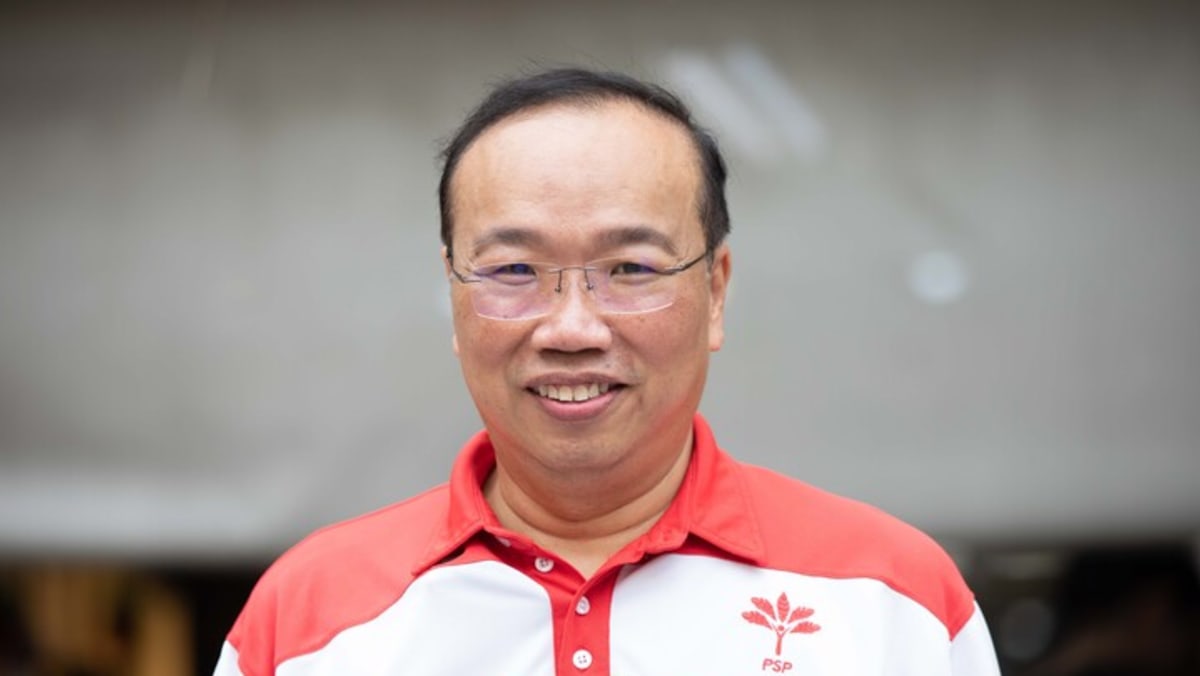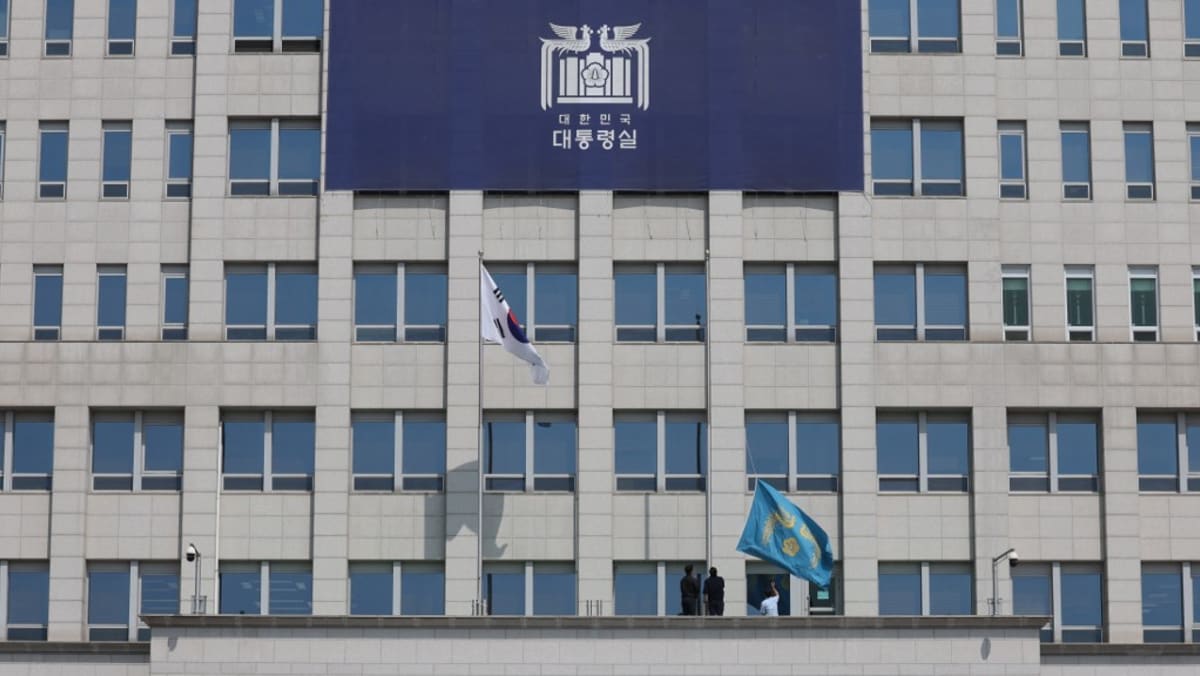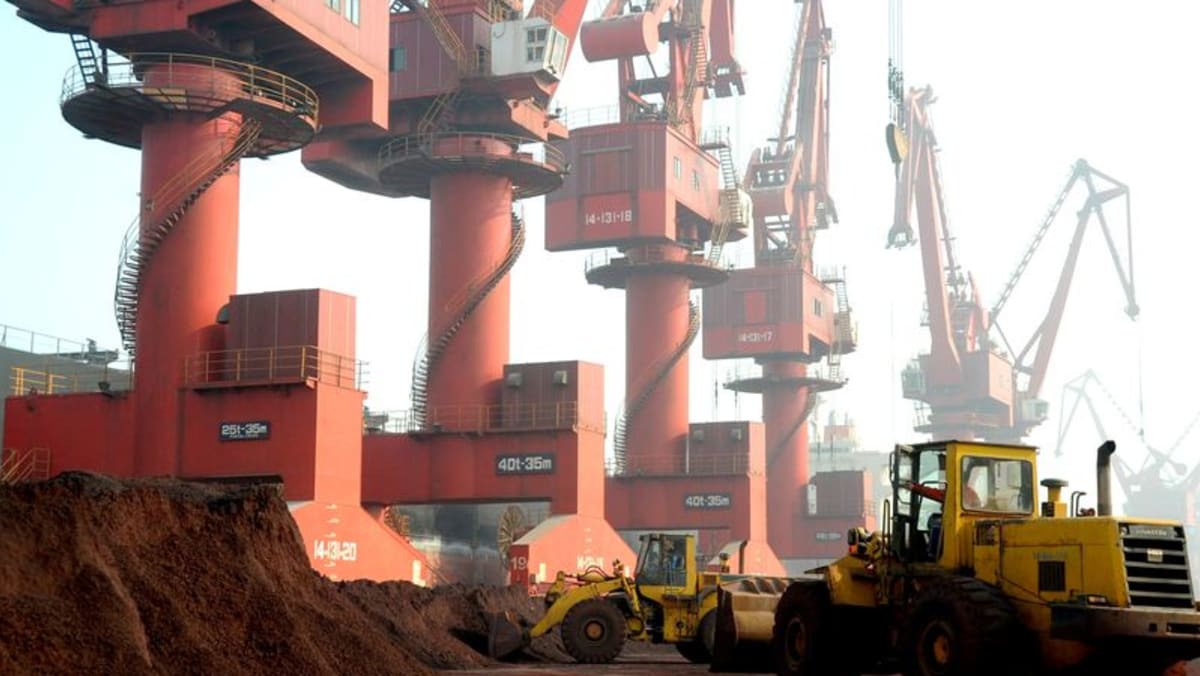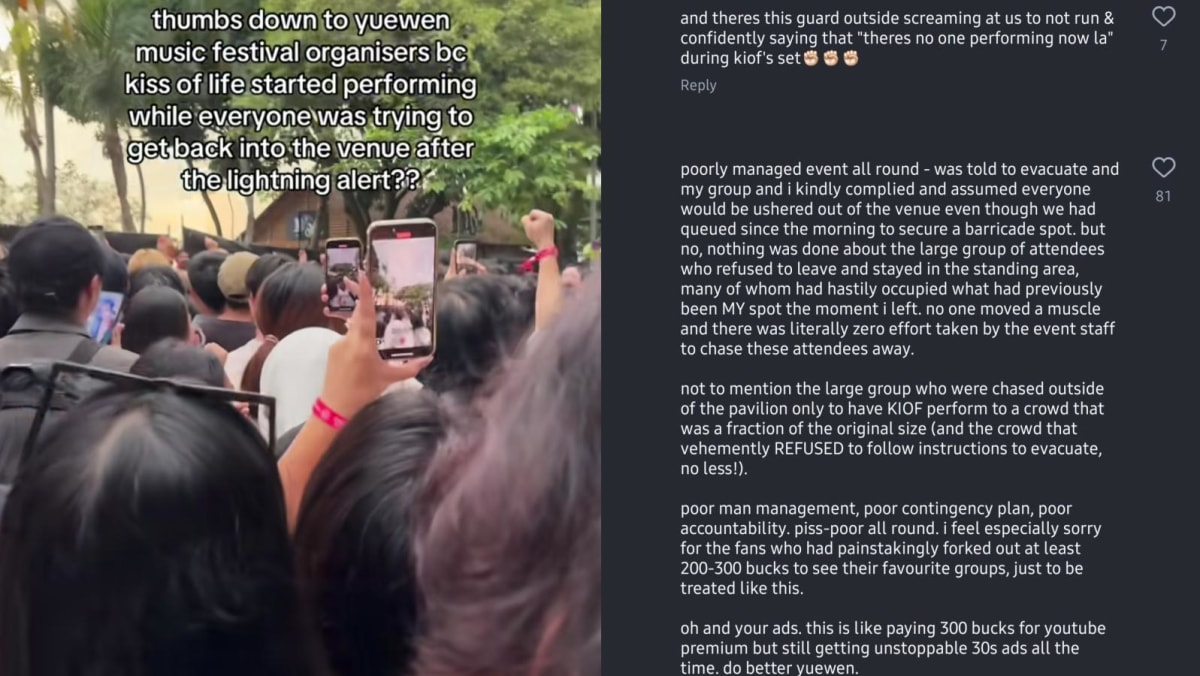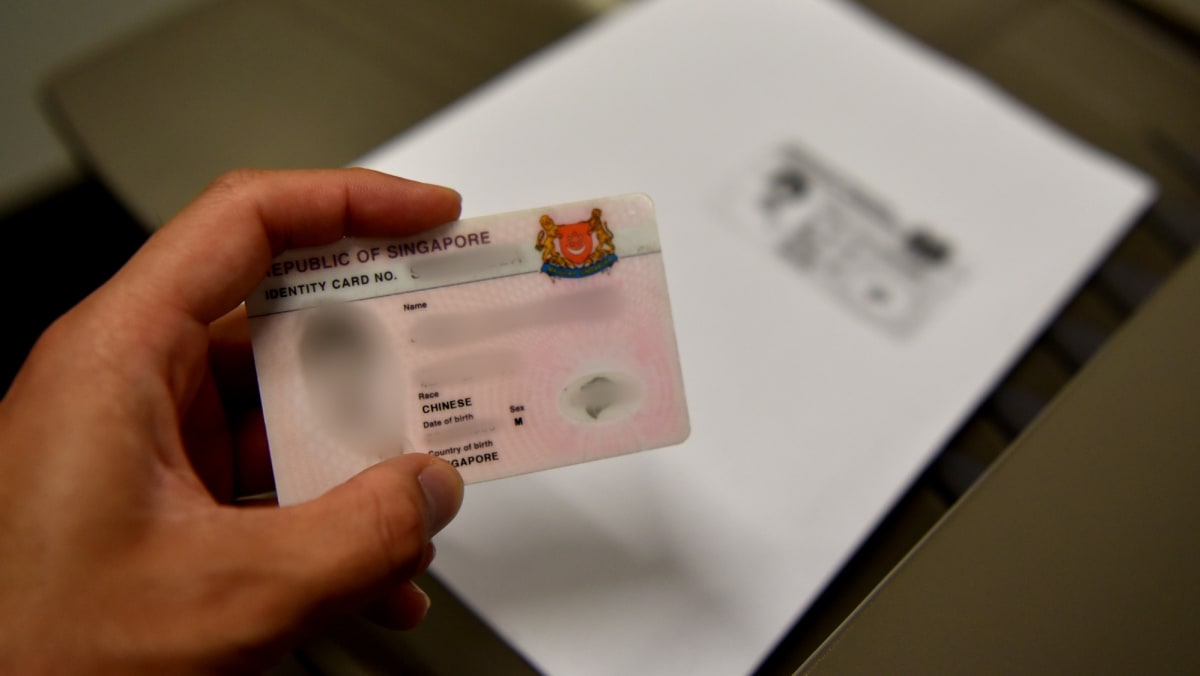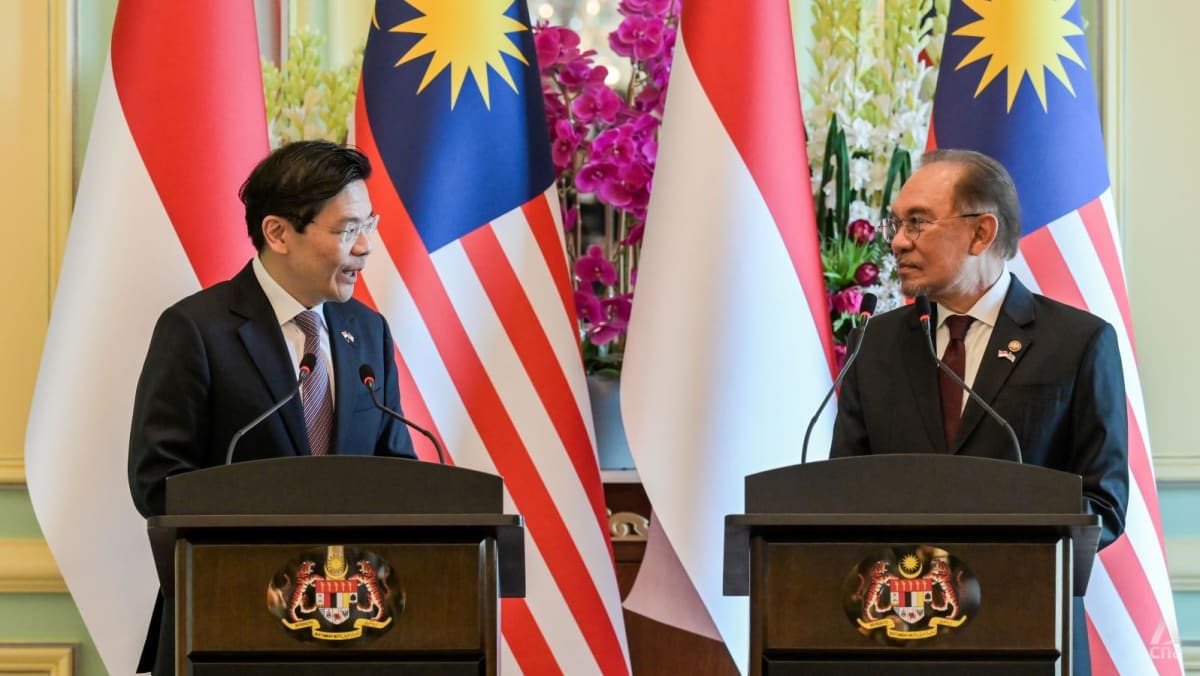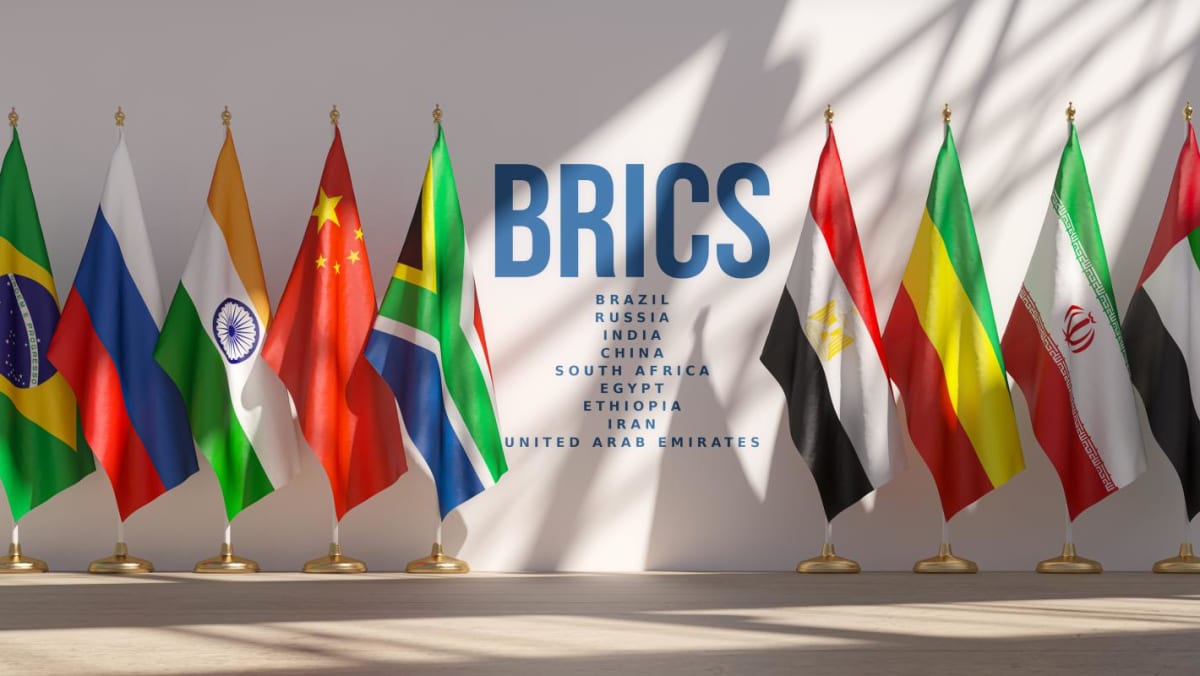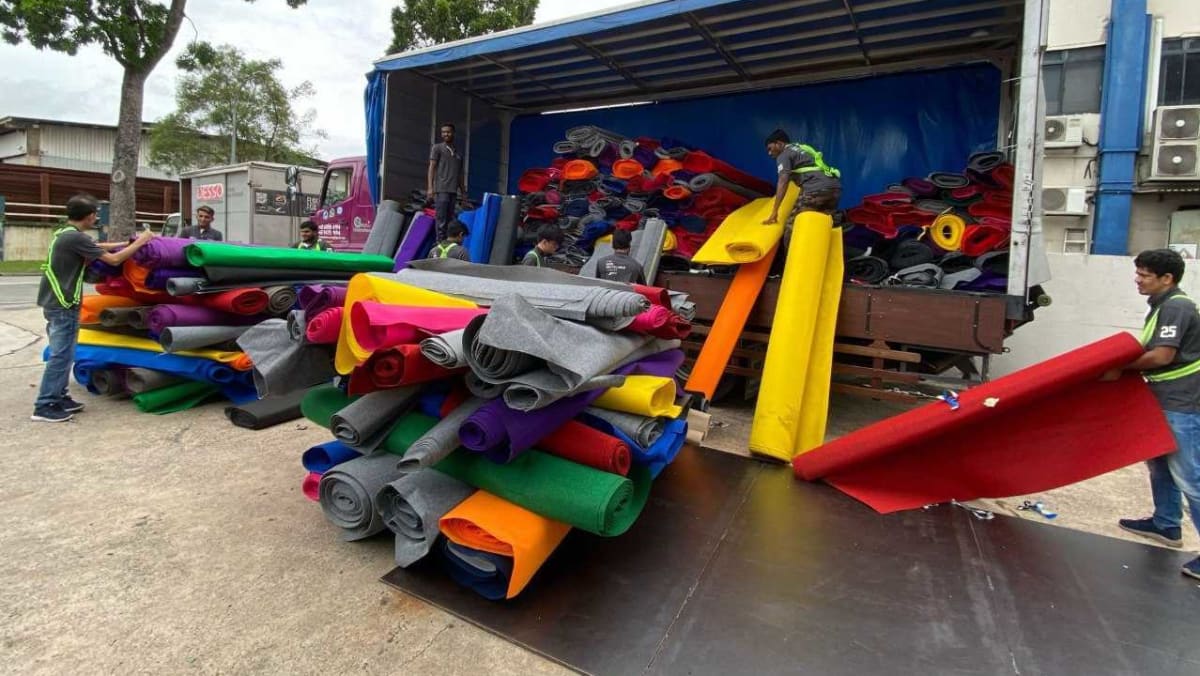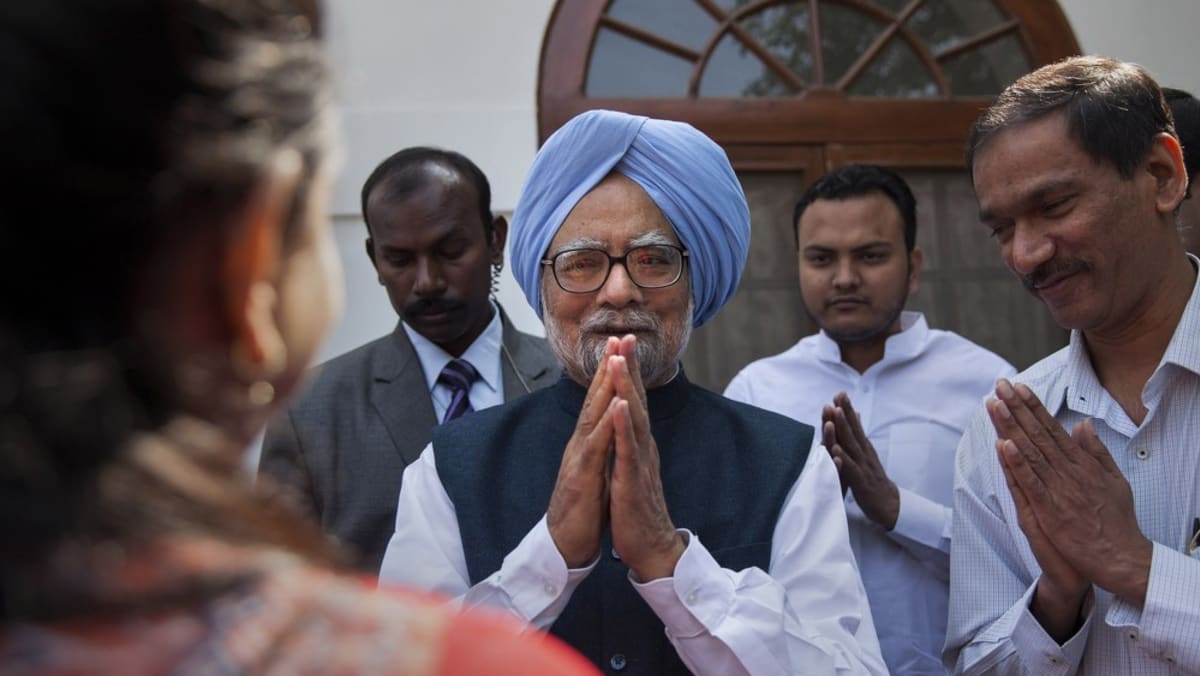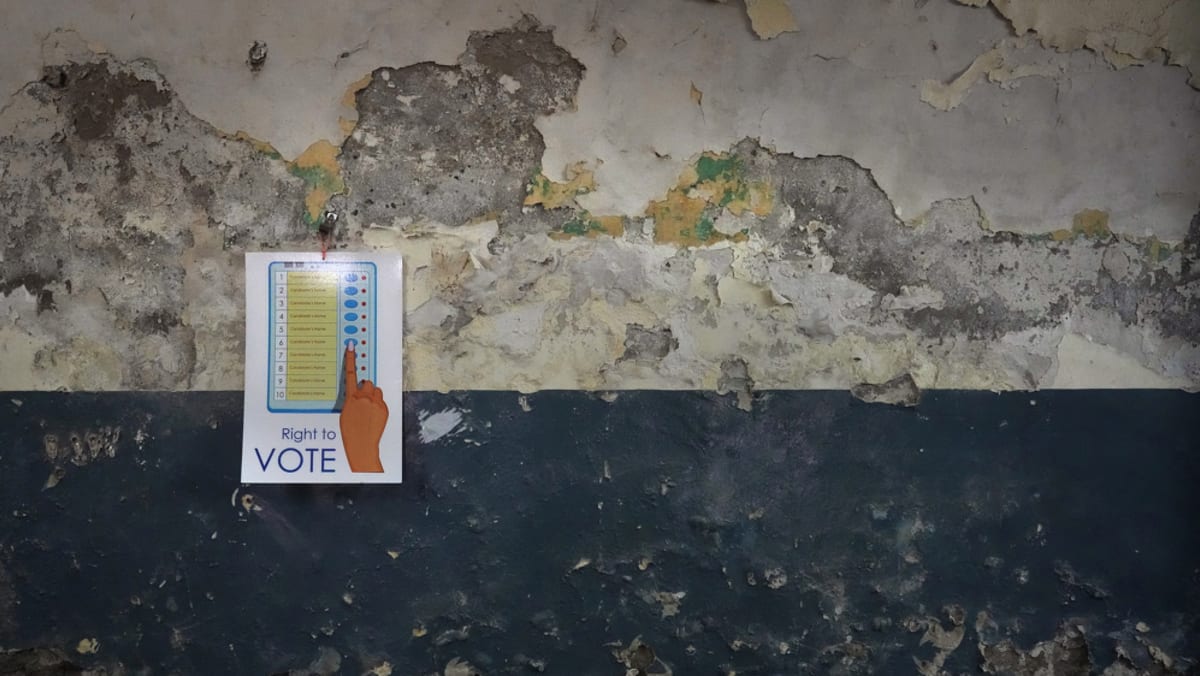Chinese startup DeepSeek sparked a global tech stock selloff on Monday (Jan 27) after it released its latest artificial intelligence model last week, saying it was made at a fraction of the cost of its American rivals.
Its chatbot became the top downloaded free app on Apple’s US App Store on Monday, displacing OpenAI’s ChatGPT.
The Hangzhou-based company claims it spent only US$5.6 million developing its R1 model – significantly less in comparison with the billions US tech giants have poured into AI.
While analysts told CNA that DeepSeek could be a big industry disruptor, they questioned whether the public can trust the startup’s claims, which have been disputed by others in AI.
It has also already experienced outages on its website after a surge in interest, as well as a cyberattack.
DOUBTS EMERGING
“It's very early to say at the moment,” Capital.com senior financial market analyst Kyle Rodda told CNA’s Asia Now programme, when asked if DeepSeek’s popularity is a long-term or short-term trend.
“There are obviously some doubts about censorship and what that potentially means. And again, (there are) questions about whether there is true veracity … behind some of the numbers that the company has delivered to describe its success,” he added.
Rodda said if the claims are proven to be true, DeepSeek could have an “incredibly significant” impact on AI – from tech firms building and selling large language models, to companies like US chipmaker Nvidia that have benefited from demand for their chips.
AI models from ChatGPT to DeepSeek require advanced chips like those made by Nvidia’s to power their training.
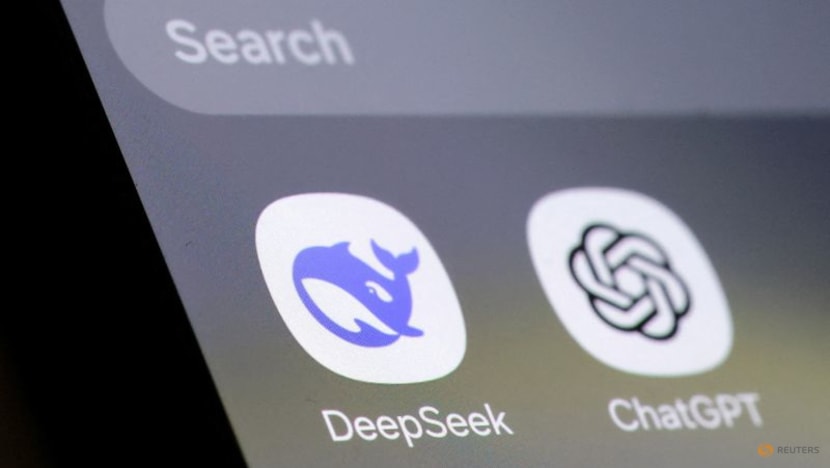 Deepseek and ChatGPT app icons are seen in this illustration taken Jan 27, 2025. (Photo: REUTERS/Dado Ruvic)
Deepseek and ChatGPT app icons are seen in this illustration taken Jan 27, 2025. (Photo: REUTERS/Dado Ruvic)
“Alternatively, if we say … maybe it's not quite as competitive, maybe the disruption in the AI space and for the AI developers won't be quite as significant,” Rodda said.
Some Silicon Valley players, including Elon Musk, have also suggested that DeepSeek has been using far greater numbers of chips and not disclosing it, or hiding some of the costs.
“Those things, market participants are still trying to work out to get a better assessment of whether this is as impactful as initially it would seem to be,” noted Rodda.
“Again, a lot is up in the air at the moment … but for now, the markets are taking this approach of ‘shoot first, sell stocks, ask questions later’ as we gather all of this information.”
CHIPPING AWAY AT US BAN
DeepSeek researchers have also claimed that they used Nvidia’s H800 chips for training, which they said are less powerful than the most advanced Nvidia products that the US has sought to keep out of China.
In the past three years, the US has thrice curbed chip exports to China in a bid to block its access to and production of chips capable of advancing AI for military purposes.
Ray Wang, principal analyst and founder of Constellation Research, told CNA’s Asia First that the US will likely rethink the ban and consider what type of knowledge leaks will occur between the two global superpowers.
“I think this is one of those situations where the ban … gave people the impetus to create that innovation,” Wang said.
“But is the ban effective? Is the ban useful? It's very hard to keep technology out of the hands of competitors in general.”
Rodda also noted how DeepSeek has already attracted the ire of the new Donald Trump administration.
Trump, who was sworn in as US president on the same day DeepSeek’s newest AI model was launched, said on Monday that it was a “wake-up call for our industries that we need to be laser-focused on competing to win”.
Rodda said: “It runs the risk of more aggressive trade sanctions and maybe other forms of trade barriers on China, and a … tit-for-tat dynamic emerging between the US and China in trade and broader relations, as clearly that kind of gap between the US and China potentially closes.”
“IS THE US SPENDING TOO MUCH?”
Trump had also argued that the DeepSeek development could be positive for US tech giants, saying they could “spend less” and “come up with hopefully the same solution”.
Wang noted that DeepSeek rattled markets and triggered questions about whether the US is spending too much.
Shares in Nvidia fell nearly 17 per cent on Monday, erasing almost US$600 billion of its market value – the deepest one-day loss for a company on Wall Street.
“Is the US spending too much? Are we spending too much on data? Can we do this with less energy? And that's the right question to ask, because we want to see technology costs come down over time,” said Wang.
He also pointed out an advantage in AI that China has over America – energy capacity.
“We're talking about thousands of gigawatts of coal-fired plants. We've got small modular nuclear reactors, and we've got nuclear reactors and hydro that are coming online, which makes China probably the lowest-cost producer of electricity in the future,” he added.
In recent times, Silicon Valley has put big money into nuclear energy projects to achieve ambitious AI plans, which require power-intensive data centres.
DeepSeek has also put pressure on big tech firms to show their cost effectiveness to customers, given that it appears to have found a way to deliver AI at a fraction of the cost with open-source models, said Wang.
“That’s what we're all hoping for in the AI world, because unlike the internet right now, AI is closed, it's centralised, it's expensive, and there are few players,” he added.
“If we were trying to get an internet-level explosion, you need decentralised and open; you need cheaper, and a lot more players to be able to be in this model. What (DeepSeek has) shown is that this is possible.”


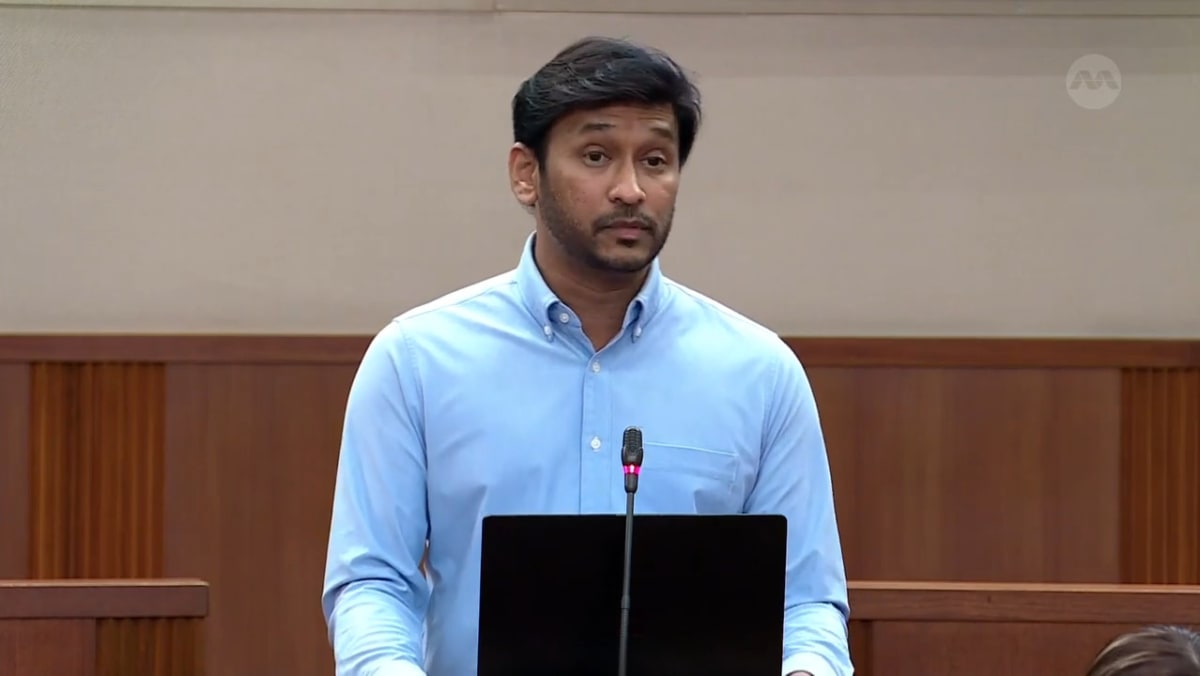

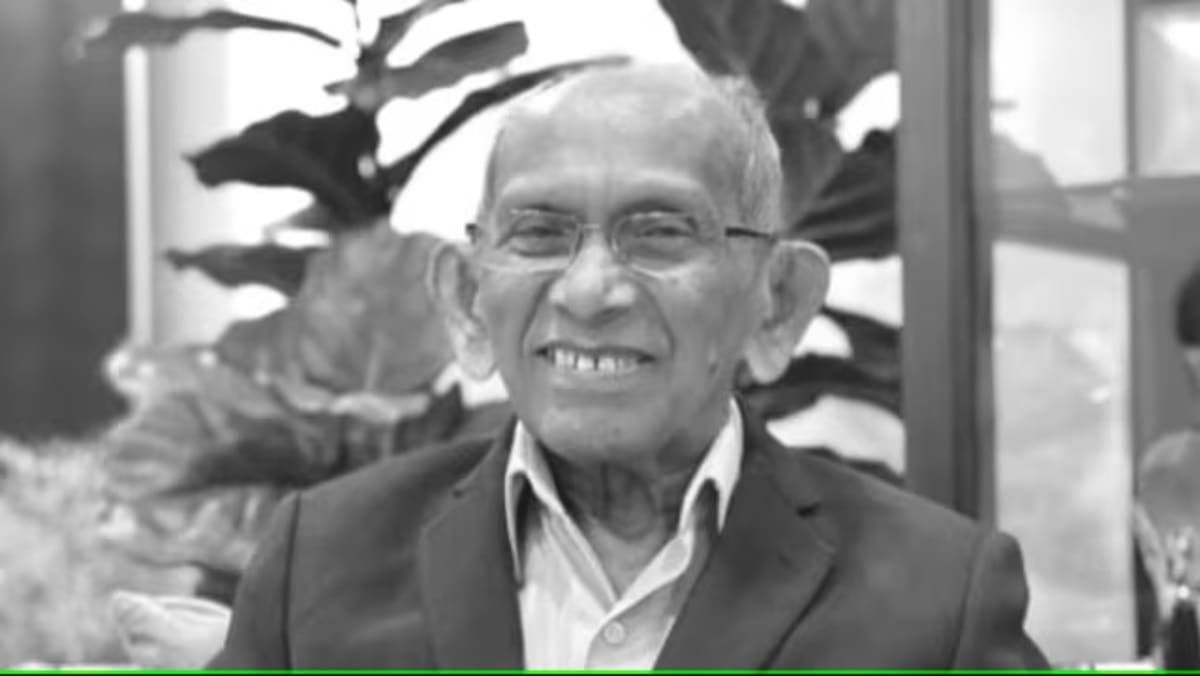

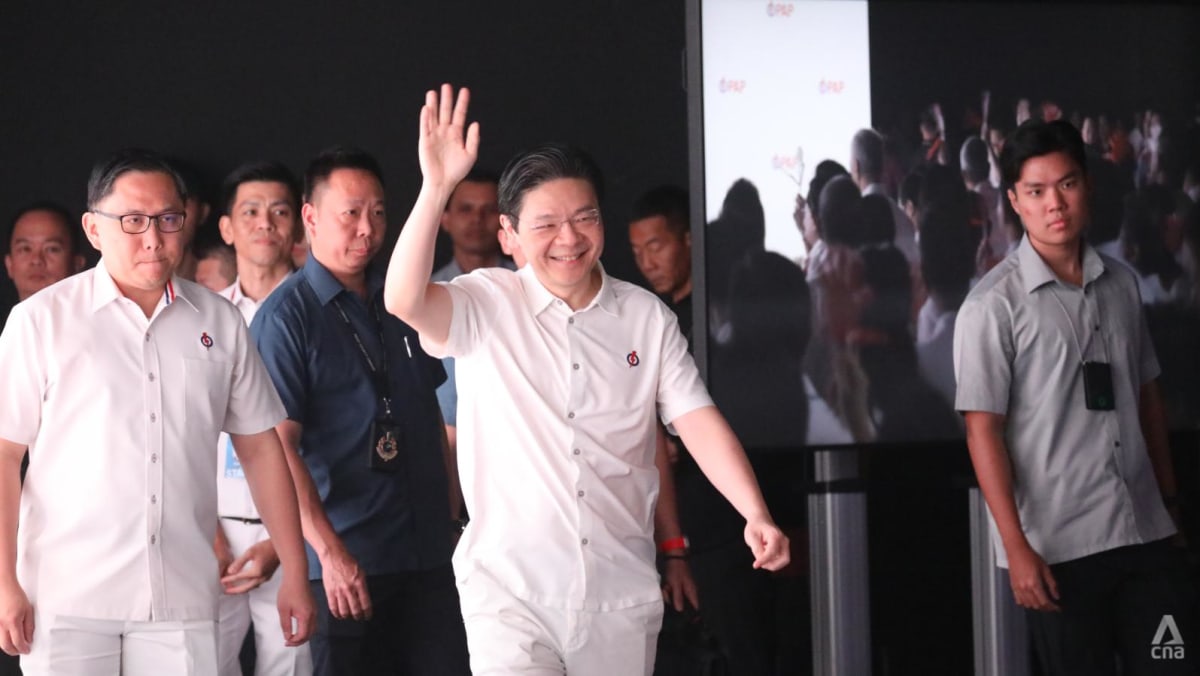
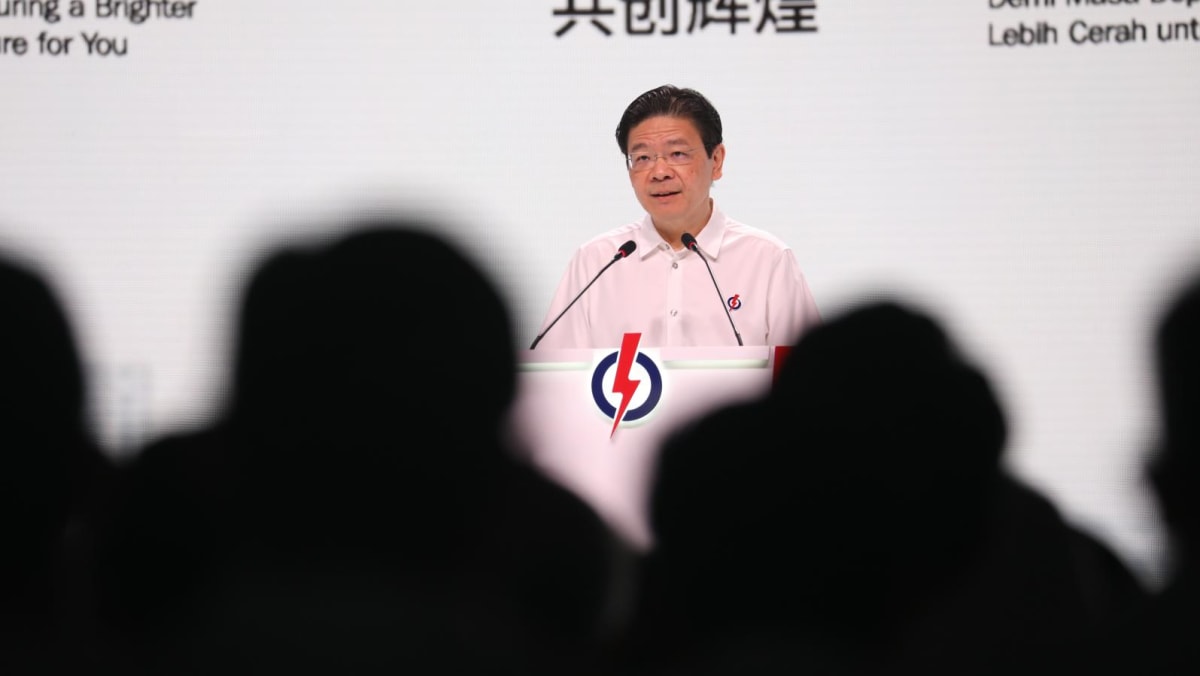
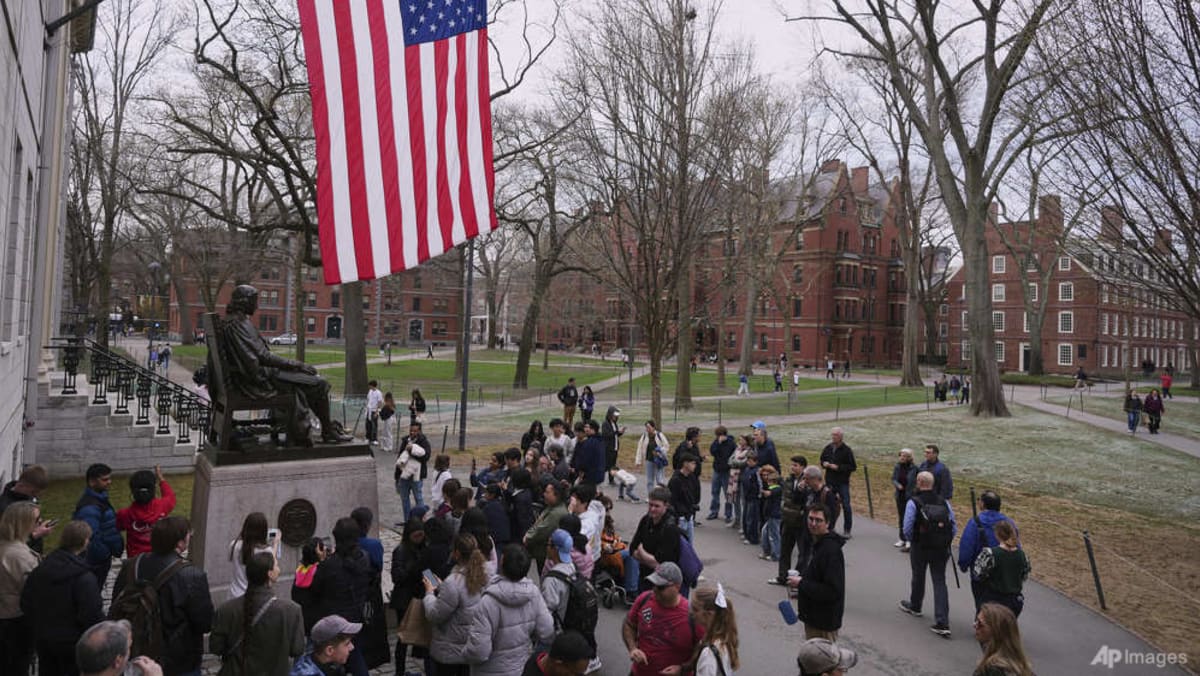
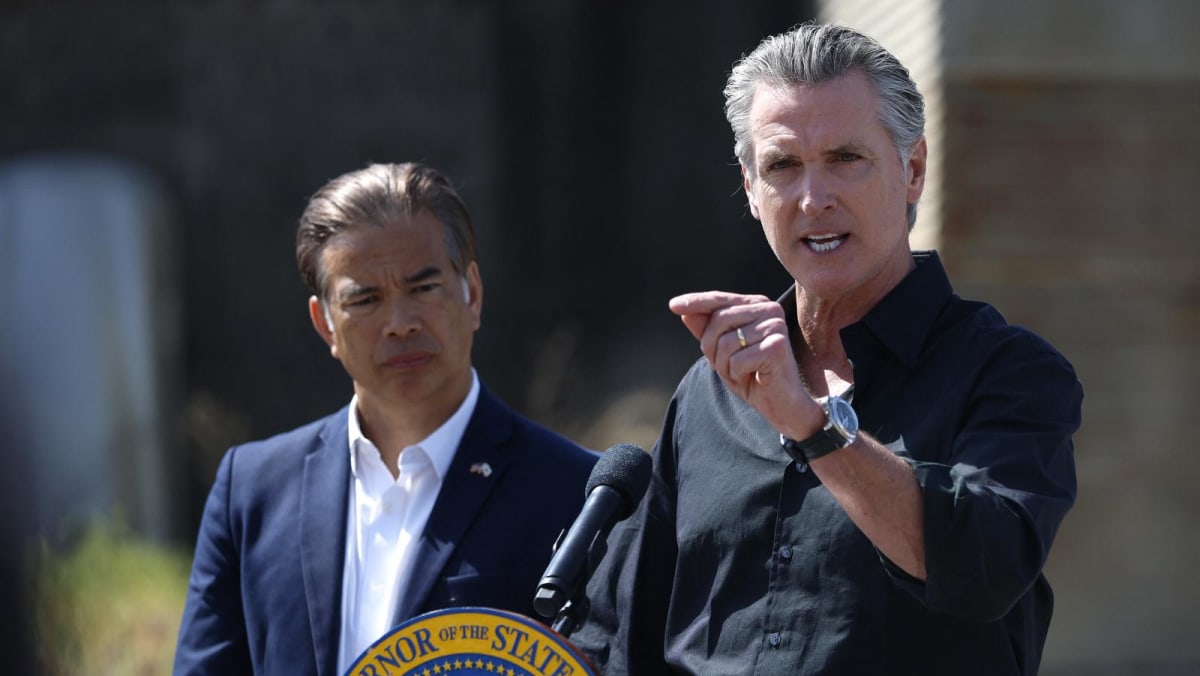
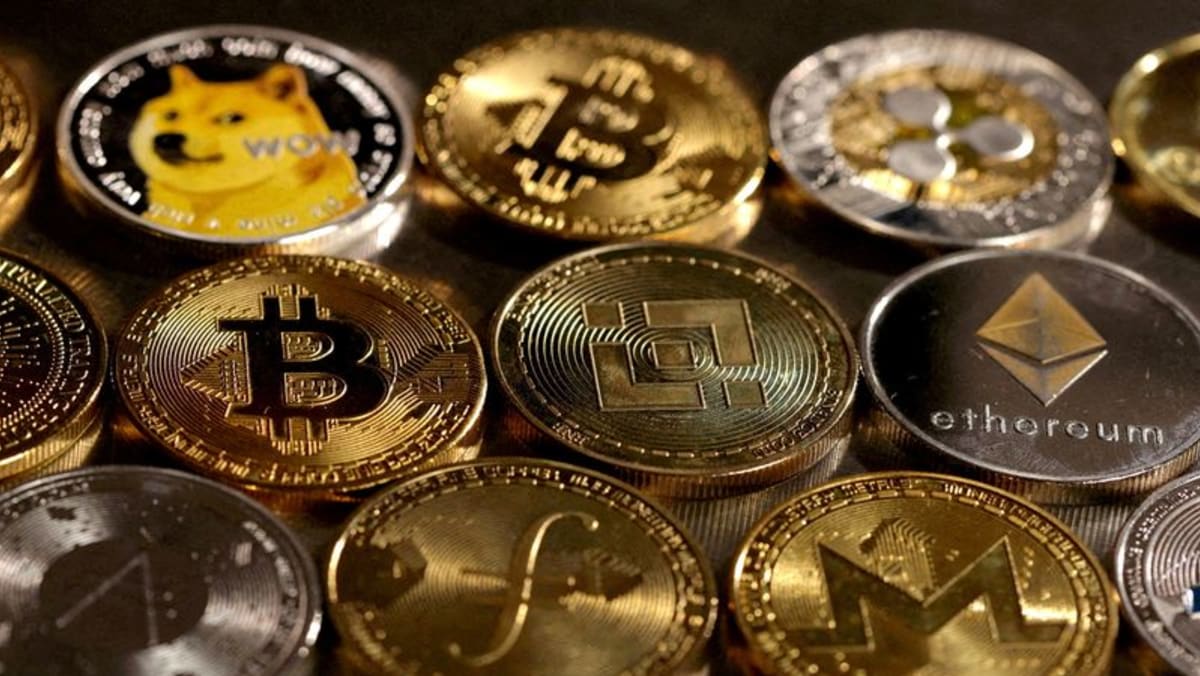


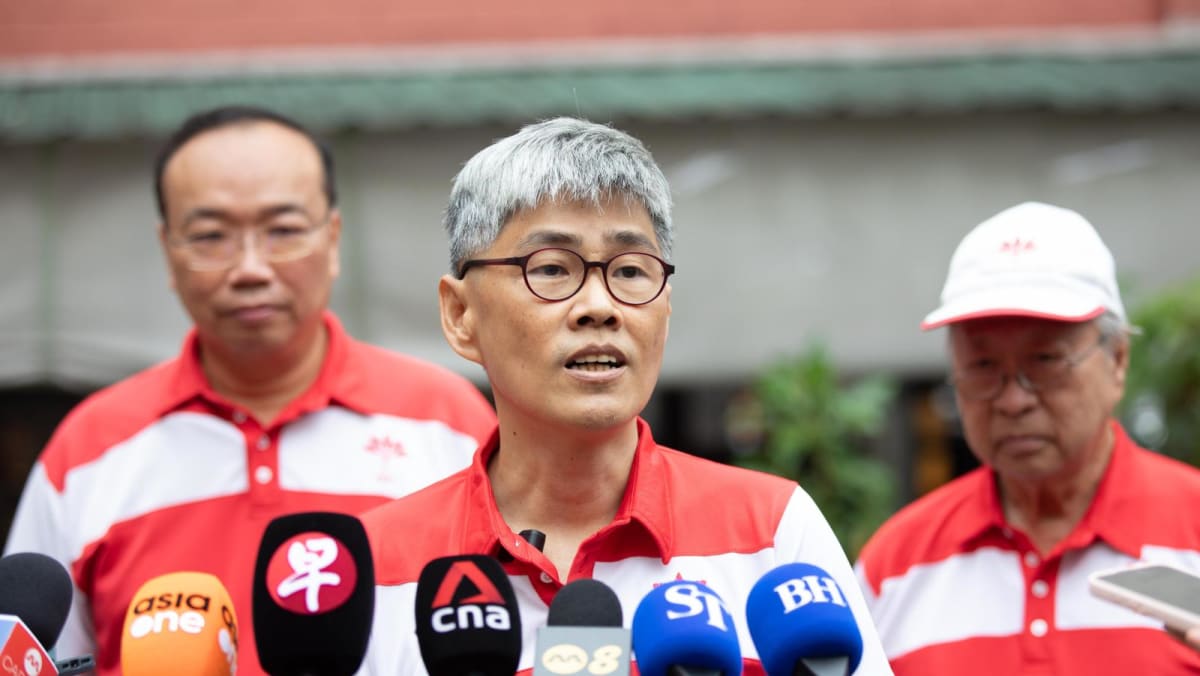
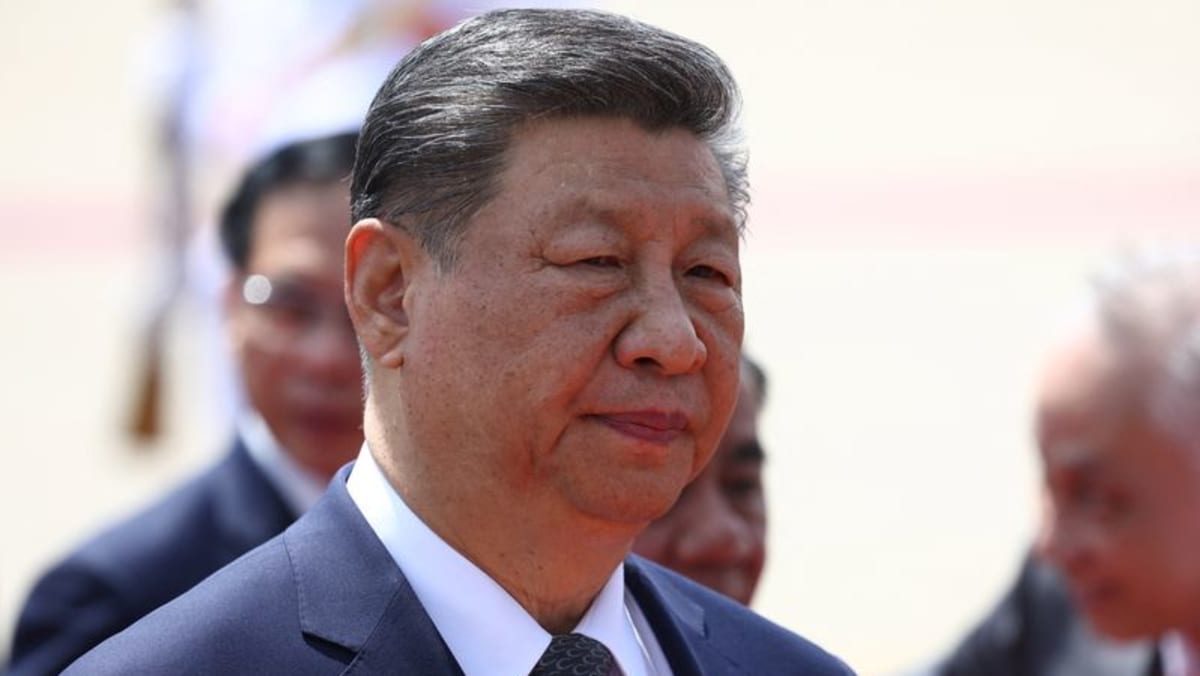
.png?itok=erLSagvf)
